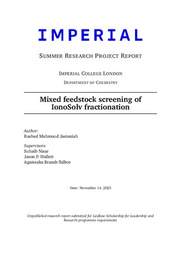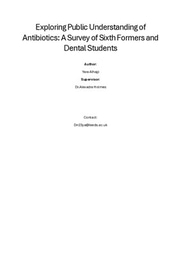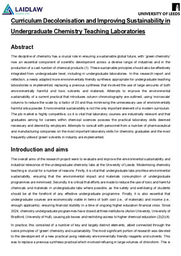Karina Malm: The Hidden Environmental Costs of Digital Activity in Museums and Heritage Institutions
Karina Malm’s research, guided by Professor Nicole Meehan at the University of St. Andrews, delves into an underexplored area of environmentalism: the digital footprint of museums and heritage institutions. The study focuses on understanding how museums perceive and address the environmental impact of their growing digital activities, such as digitization of collections and web-based operations.
Malm’s research involved a mix of qualitative and quantitative methodologies, including surveys and interviews with museum professionals from the US, UK, and other parts of the world. The study aimed to identify barriers to sustainable digital practices and develop strategies to help institutions reduce their digital carbon footprints. A key challenge identified was the lack of awareness and internal frameworks in museums around the environmental costs of digital assets, such as server usage, hardware procurement, and digitization projects. Many institutions, while keen on sustainability, struggled to translate those goals into actionable steps for their digital activities.
A significant finding was the concept of "digital colonialism," which highlights the environmental and socio-economic burden that falls disproportionately on global South countries involved in the production and disposal of digital technologies. This is not just an ecological concern, but also a human rights issue, as exploitative labor practices and improper disposal of e-waste further exacerbate environmental inequalities.
One of the most pressing barriers was financial constraints in publicly funded institutions. While many museums were eager to pursue sustainable practices, their limited resources and strict budget allocations hindered progress in addressing digital sustainability.
Throughout the project, Malm discovered a strong interest among museum professionals in addressing these challenges. She found hope in the formation of grassroots initiatives like the Digital Humanities Climate Coalition, which has developed frameworks and resources to help cultural institutions reduce their digital footprint. Malm’s work also sparked discussions at Tufts University, where she has encouraged integrating conversations about digital sustainability into coursework, library practices, and institutional frameworks.
Karina’s project underscores the urgent need for the cultural sector to address the environmental impacts of its digital expansion. As museums digitize more of their collections to broaden public access, they must also consider the long-term environmental costs. By proposing frameworks for collaboration and shared best practices, Malm hopes her research will inspire more institutions to take meaningful steps toward digital sustainability and become models of environmental stewardship in the digital age.





Please sign in
If you are a registered user on Laidlaw Scholars Network, please sign in